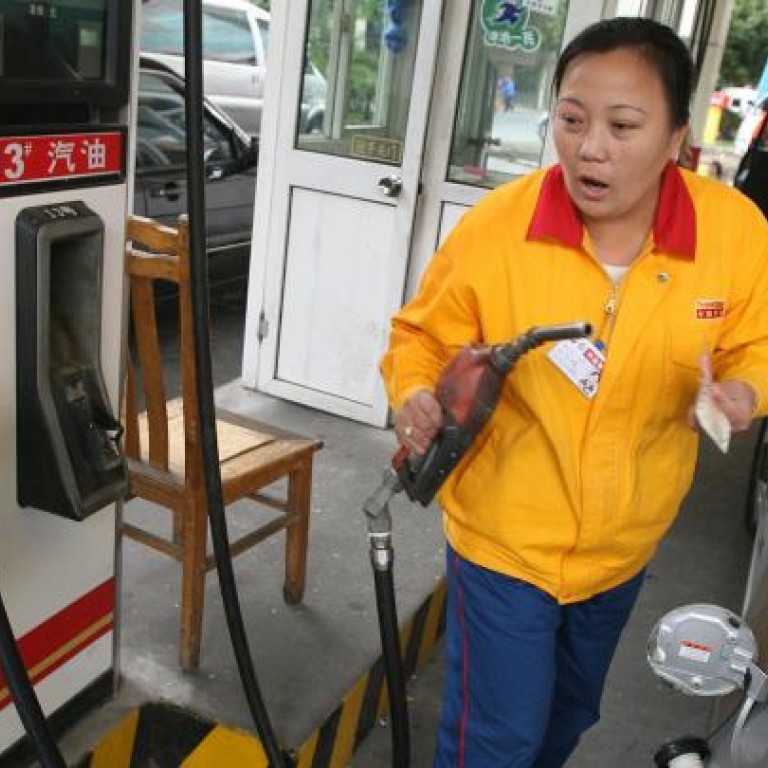
Refiners pushed to make new fuel grade
The mainland's state-backed oil refining majors will have a tough time meeting Beijing's deadlines to upgrade refining facilities and improve fuel quality unless the government gives them financial support, analysts say.
"It will be a big stretch for the oil companies to meet the requirement," CLSA head of Asian oil and gas research Simon Powell said. "They have endured eight quarters of refining losses [in the past few years]. Refining is not a great business."
In a cabinet meeting chaired by Premier Wen Jiabao on Wednesday, the State Council decided that state-backed refiners should ensure nationwide supply of petrol and diesel meeting National IV emission standards by the end of next year, and much tougher National V standards by the end of 2017.
It is the first time Beijing has set a timetable for diesel emission standards more stringent than National III, and the decision is aimed at improving the country's worsening air pollution.
Beijing has asked refiners to supply National IV petrol nationwide since 2011. But so far it is available in fewer than 20 big cities because of the time and huge capital investment needed to upgrade refineries.
But the biggest source of roadside pollution is commercial vehicles, which are mostly run on diesel on the mainland. Diesel contains much more sulphur than petrol and so is even more expensive than petrol to refine into fuel meeting the same emission standards.
The National V standards are supposedly equivalent to Europe's Euro V standards, and are very stringent, with the maximum allowable sulphur content of emissions just one-fifth that of National IV.
National V petrol was launched in Beijing earlier this month, to address the capital's deteriorating air quality. The capital has just endured some of the worst air pollution in recent memory.
Fu Chengyu, the chairman of China Petroleum & Chemical (Sinopec), the world's second-largest oil refiner by capacity, said in a television interview this month that 12 of the firm's refining subsidiaries would be upgraded and supplying National IV fuel by the end of the year.
It would invest 30 billion yuan (HK$37.3 billion) annually to improve fuel quality, Fu said.
Some analysts noted that powerful state-backed refiners outnumbered representatives from environmental and product quality watchdogs on the national committee that sets and approves motor fuel emission standards, holding back progress on upgrades on technical and financial grounds.
Sinopec and PetroChina together account for more than 80 per cent of the nation's motor fuel output.
Other analysts say refiners should not take the full blame because Beijing was slow to raise fuel prices when crude prices surged, protecting the poor but squeezing refining margins.
State leaders have repeatedly said Beijing will fine-tune the pricing system to make it more market-oriented but few believe it will relinquish pricing power to the market any time soon for fear of inflation and social unrest.
"While we believe China will gradually reform fuel prices, with some refiners suggesting possibly in this year's second half, there is still limited visibility on the timing, with oil product price changes still being managed against the country's inflation and social considerations," Barclays analysts said in a report.

